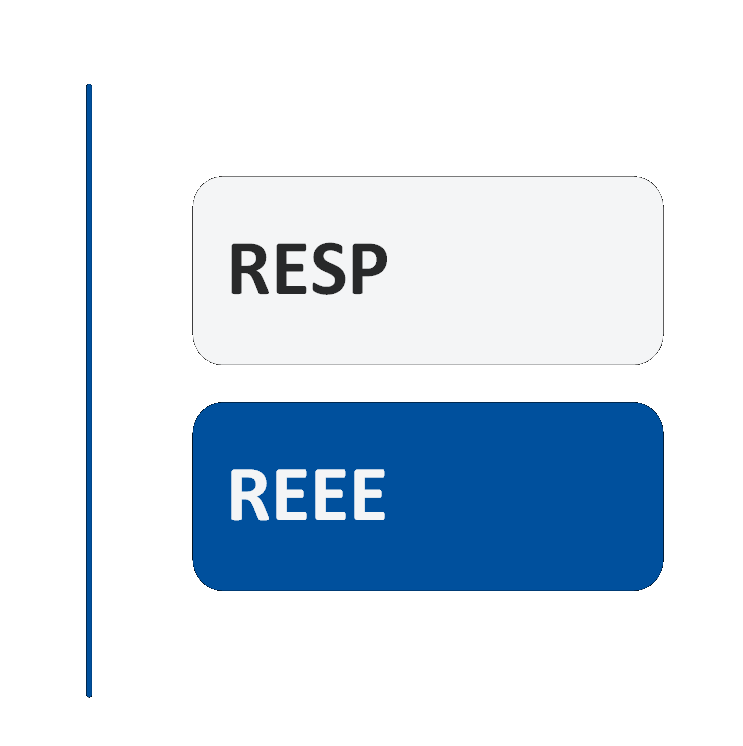RESP Tax Implications
RESPs are registered accounts that permit tax-free investment growth.
RESP contributions are not tax deductible when made and are not taxable when withdrawn from the plan by the subscriber. However, if withdrawals are made before the beneficiary enrolls in a post-secondary educational program, grants and incentives may need to be repaid to the government.
Accumulated Interest, or investment growth, is not tax deductible on borrowings[1] used to contribute to an RESP.
Government grants may be paid to an RESP for an eligible beneficiary. These amounts are not taxable until withdrawn from the RESP to fund the beneficiary’s post-secondary education. Also, accumulated investment income earned on the contribution and grants is tax deferred until withdrawn for post‑secondary education purposes. Withdrawals of the grants and accumulated investment income for education purposes are taxable to the beneficiary.
Under certain conditions, the subscriber may also be able to receive the accumulated investment income on the investments and the government incentives. These payments will be taxable to the subscriber at the subscriber’s marginal tax rate plus an additional 20% tax.[2] The income tax can be deferred, and the additional tax can be reduced or avoided, where up to $50,000 is transferred to an RRSP provided contribution room is available.
